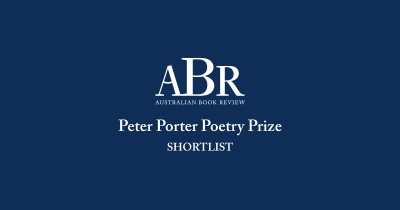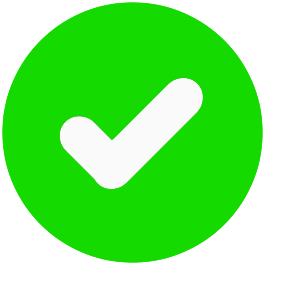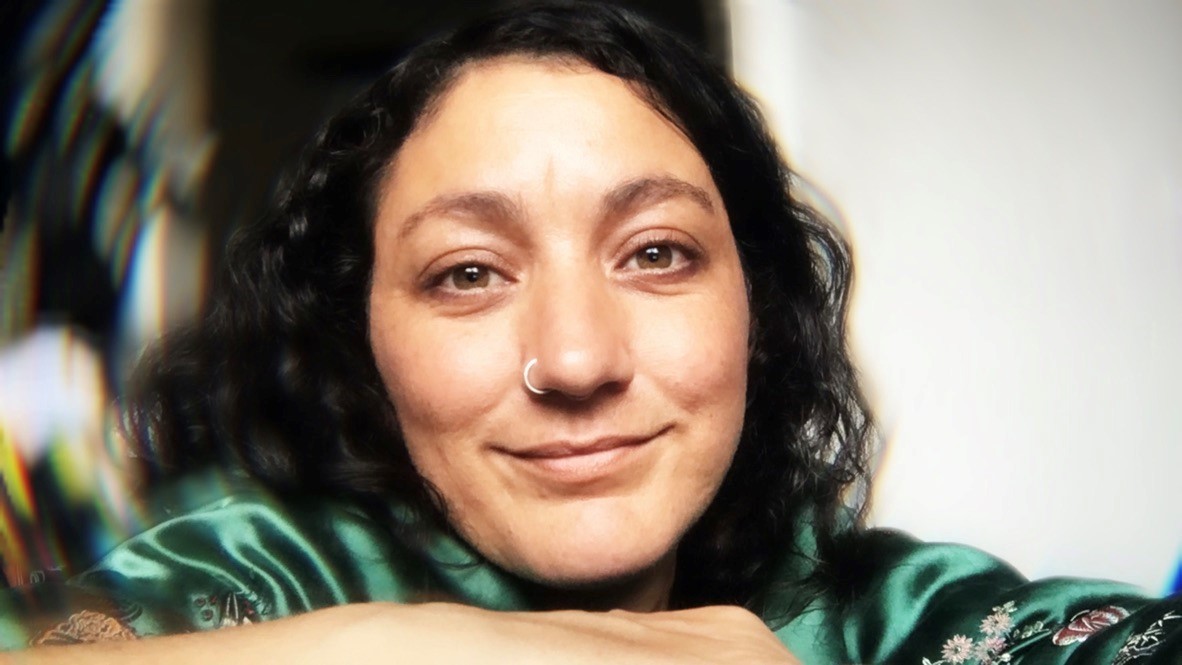Accessibility Tools
- Content scaling 100%
- Font size 100%
- Line height 100%
- Letter spacing 100%
Competitions and programs (112)
2022 Porter Prize Judges
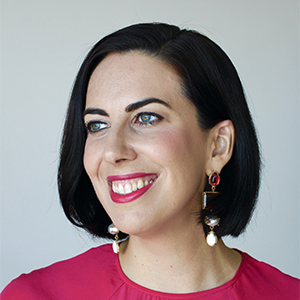 Sarah Holland-Batt is the author of two award-winning books of poetry, Aria and The Hazards (UQP), and a forthcoming volume of essays on contemporary poetry, Fishing for Lightning: The spark of poetry (UQP, 2021). She is the recipient of a number of honours, including the Prime Minister’s Literary Award for Poetry and a Sydney Myer Creative Fellowship. As of 2021, she is the Judy Harris Writer in Residence at the Charles Perkins Centre at the University of Sydney, and works as a Professor at QUT.
Sarah Holland-Batt is the author of two award-winning books of poetry, Aria and The Hazards (UQP), and a forthcoming volume of essays on contemporary poetry, Fishing for Lightning: The spark of poetry (UQP, 2021). She is the recipient of a number of honours, including the Prime Minister’s Literary Award for Poetry and a Sydney Myer Creative Fellowship. As of 2021, she is the Judy Harris Writer in Residence at the Charles Perkins Centre at the University of Sydney, and works as a Professor at QUT.
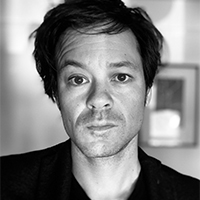 Jaya Savige’s most recent collection is Change Machine (UQP 2020). He is Assistant Professor of English and Head of Creative Writing at New College of the Humanities, Northeastern University, and Poetry Editor for The Australian. His previous collections include Latecomers, which won the New South Wales Premier’s Prize for Poetry, and Surface to Air, shortlisted for The Age Poetry Book of the Year and the West Australian Premier’s Prize. He read for a PhD on James Joyce at the University of Cambridge as a Gates Scholar, and has held Australia Council residencies at the B.R. Whiting Library, Rome, and the Cité Internationale des Arts, Paris.
Jaya Savige’s most recent collection is Change Machine (UQP 2020). He is Assistant Professor of English and Head of Creative Writing at New College of the Humanities, Northeastern University, and Poetry Editor for The Australian. His previous collections include Latecomers, which won the New South Wales Premier’s Prize for Poetry, and Surface to Air, shortlisted for The Age Poetry Book of the Year and the West Australian Premier’s Prize. He read for a PhD on James Joyce at the University of Cambridge as a Gates Scholar, and has held Australia Council residencies at the B.R. Whiting Library, Rome, and the Cité Internationale des Arts, Paris.
 Anders Villani holds an MFA from the University of Michigan’s Helen Zell Writers’ Program, where he received the Delbanco Prize for poetry. His first full-length collection, Aril Wire, was released in 2018 by Five Islands Press. A PhD candidate at Monash University, he lives in Melbourne.
Anders Villani holds an MFA from the University of Michigan’s Helen Zell Writers’ Program, where he received the Delbanco Prize for poetry. His first full-length collection, Aril Wire, was released in 2018 by Five Islands Press. A PhD candidate at Monash University, he lives in Melbourne.
2022 Peter Porter Poetry Prize
Australian Book Review is delighted to announce the shortlist for the 2022 Peter Porter Poetry Prize. First presented in 2005, the Porter Prize is one of the world’s leading prizes for a new poem. It is worth a total of $10,000.
This year, our judges – Sarah Holland-Batt, Jaya Savige, and Anders Villani – had 1,330 poems to assess. Prefacing their comments on the shortlist (each appraisal appears below the shortlisted poets), the judges said:
This year’s entries to the Peter Porter Poetry Prize were richly impressive and varied, among which the shortlisted poems – focused on Australia’s recreational hunting culture, mathematics and computation, family abuse, the outset of love, and, metapoetically, the state of Australian poetry itself – impressed with their formal mastery, lyricism, and wit. Broadly, the judges observed that the entries this year tended away from briefer lyric and elegiac modes in favour of expansive poems with a more immediate political and social justice focus. The five accomplished shortlisted poems each share a narrative bent, a focus on form (four out of five are stanzaic), and a capacity to startle and surprise with vivid imagery, linguistic torque, humour, and juxtaposition.
Reading the shortlisted poems
The shortlisted poems will appear in our January–February 2022 issue. The print edition is available to purchase now, simply click here and follow the prompts.
'Sixes and sparrows' by Chris Arnold (WA, Australia)
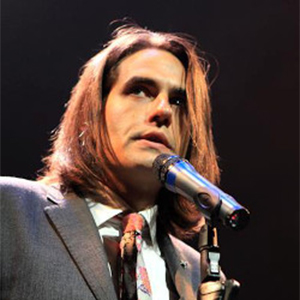 Chris Arnold is a poet and software engineer from Perth, on Whadjuk Noongar country. Chris is currently completing a PhD in Creative Writing at the University of Western Australia. Chris specialises in electronic literature and information security, and he is the recipient of a Queensland Literary Award for a collaboration with David Thomas Henry Wright. He is the outgoing web editor for Westerly, and his work has appeared in Westerly, Cordite, and ABR’s States of Poetry.
Chris Arnold is a poet and software engineer from Perth, on Whadjuk Noongar country. Chris is currently completing a PhD in Creative Writing at the University of Western Australia. Chris specialises in electronic literature and information security, and he is the recipient of a Queensland Literary Award for a collaboration with David Thomas Henry Wright. He is the outgoing web editor for Westerly, and his work has appeared in Westerly, Cordite, and ABR’s States of Poetry.
Judges: Framed by an epigraph from the cryptographer and cyber-security analyst Bruce Schneier, ‘Sixes and Sparrows’ is an enigmatic, deeply absorbing work that blurs the boundaries between human consciousness and the mathematical, computational networks that govern much of our contemporary lives. Composed in an impressively sustained poetics of parataxis and disjunction, this poem’s rhizomatic bouquet, a cluster of synaptic firings, reveals connections between such seemingly disparate phenomena as binary logic and human touch, memory and taxidermy, email transfer protocols and the poet’s orphic descent into networked language.
'Gippslanding (triptych)' by Dan Disney (South Korea/Australia)
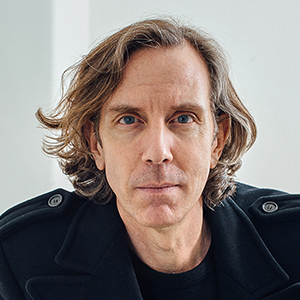 Dan Disney’s most recent books are accelerations & inertias (Vagabond Press, 2021) and the anthology New Directions in Contemporary Australian Poetry (co-edited with Matthew Hall; Palgrave, 2021). His writing appears in Angelaki, Kenyon Review, Antipodes, Orbis Litterarum, and CounterText, and he is a regular reviewer with World Literature Today. He teaches with the English Literature Program at Sogang University in Seoul, South Korea.
Dan Disney’s most recent books are accelerations & inertias (Vagabond Press, 2021) and the anthology New Directions in Contemporary Australian Poetry (co-edited with Matthew Hall; Palgrave, 2021). His writing appears in Angelaki, Kenyon Review, Antipodes, Orbis Litterarum, and CounterText, and he is a regular reviewer with World Literature Today. He teaches with the English Literature Program at Sogang University in Seoul, South Korea.
Judges: Balancing ode and lament on its blade-edge, this poem ventures a coruscating and radically original mythopoetic of Australia’s (white, male) recreational hunting culture. The poet’s lyrical attention to the instant and whipcrack enjambments evoke the hunt in its drama and decadence, barbarism and fraternity. Steeped in vernacular, rigorous in its critique, tensioned by the conflict between Graeco-Roman and Indigenous systems of understanding, the poem represents an important enquiry into a sphere of Australian life rarely glimpsed on the page.
'Australianesque' by Michael Farrell (Vic., Australia)
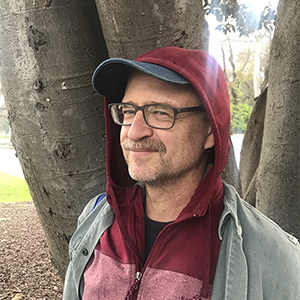 Michael Farrell’s books include Family Trees and I Love Poetry (both published by Giramondo), the scholarly Writing Australian Unsettlement: Modes of Poetic Invention 1796–1945 (Palgrave Macmillan), and, as editor, Ashbery Mode (TinFish), an Australian tribute to John Ashbery. Born in Bombala, NSW, in 1965, Michael has lived in Melbourne since 1990. Michael Farrell won the 2012 Peter Porter Poetry Prize.
Michael Farrell’s books include Family Trees and I Love Poetry (both published by Giramondo), the scholarly Writing Australian Unsettlement: Modes of Poetic Invention 1796–1945 (Palgrave Macmillan), and, as editor, Ashbery Mode (TinFish), an Australian tribute to John Ashbery. Born in Bombala, NSW, in 1965, Michael has lived in Melbourne since 1990. Michael Farrell won the 2012 Peter Porter Poetry Prize.
Judges: Thrillingly unpredictable, satirical and stylish, this playful metapoetic sonnet sequence conjures the ghost of an unpublished poem the speaker insists was written by the late Peter Porter about Christopher Brennan. Inhabiting the personae, variously, of Brian Castro and Helen Garner, the mercurial and shapeshifting speaker – by turns a writer, scholar, and poet –suggests that a degree of impersonation, slippage between identities, or even imposture is central to the spirit of Australian poetry, dragging Gwen Harwood’s famous acrostic hoaxes, Ned Kelly, and Ted Hughes along for the exhilarating ride.
'In the Shadows of Our Heads' by Anthony Lawrence (QLD, Australia)
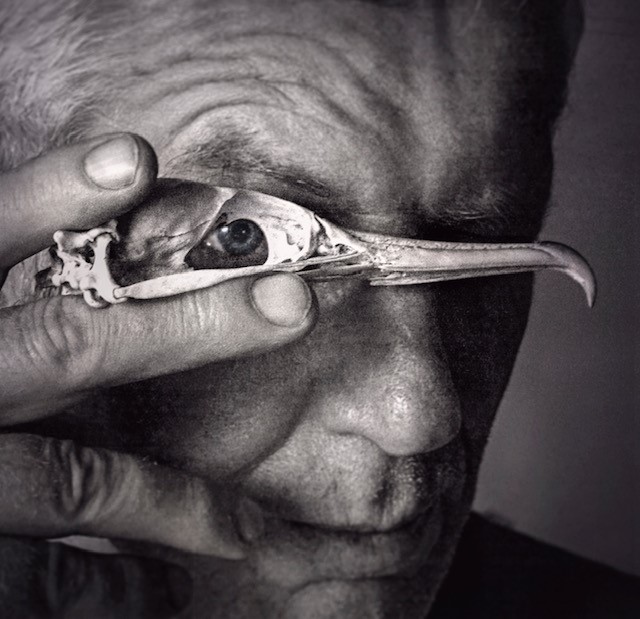 Anthony Lawrence has published sixteen books of poems, the most recent being Ken (Life Before Man, 2020). His books and individual poems have won a number of awards, including the Peter Porter Poetry Prize, the Prime Minister’s Literary Award for Poetry, the Philip Hodgins Memorial Medal, and the Blake Poetry Prize. A new book of poems, Ordinary Time, a collaboration with the poet Audrey Molloy, is to be published in 2022. He teaches Creative Writing at Griffith University, Queensland, and lives on Moreton Bay.
Anthony Lawrence has published sixteen books of poems, the most recent being Ken (Life Before Man, 2020). His books and individual poems have won a number of awards, including the Peter Porter Poetry Prize, the Prime Minister’s Literary Award for Poetry, the Philip Hodgins Memorial Medal, and the Blake Poetry Prize. A new book of poems, Ordinary Time, a collaboration with the poet Audrey Molloy, is to be published in 2022. He teaches Creative Writing at Griffith University, Queensland, and lives on Moreton Bay.
Judges: Brimming with surprise, supple, pitch-perfect imagery, linguistic energy and wit, ‘In the Shadows of Our Heads’ is a stunningly vibrant poem by a masterful technician at the top of his game. This unusual love poem revels in the unpredictability of those connections, intellectual and physical, forged between simpatico minds and damaged bodies across space and time. A vivid, potent reminder of love’s dance of proximity and distance – at a time when these fundamental bases of human intimacy have been thrown into fraught relief – it is a work deftly attuned to our present moment.
'Hummingbird Country' by Debbie Lim (NSW, Australia)
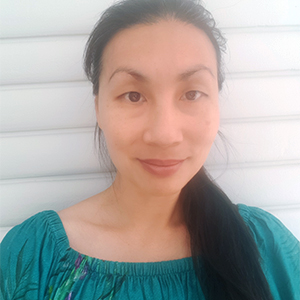 Debbie Lim’s poems have appeared regularly in the Best Australian Poems series and in Contemporary Asian Australian Poets, among other anthologies. Recent work appears or is forthcoming in Meanjin, Westerly, Overland, Mascara Literary Review, and Island. She has received the ArtsACT Rosemary Dobson Award. Her chapbook, Beastly Eye, was published by Vagabond Press, and she is working on a full-length collection. She lives in Sydney.
Debbie Lim’s poems have appeared regularly in the Best Australian Poems series and in Contemporary Asian Australian Poets, among other anthologies. Recent work appears or is forthcoming in Meanjin, Westerly, Overland, Mascara Literary Review, and Island. She has received the ArtsACT Rosemary Dobson Award. Her chapbook, Beastly Eye, was published by Vagabond Press, and she is working on a full-length collection. She lives in Sydney.
Judges: A masterly exhibition of poetry’s capacity to blur boundaries: between tragic and comic; between literal and surreal; between sincerity and play; between climax and bathos. In this moving work, an ostensibly simple premise blossoms, through arresting imagery and an exquisite command of caesura, into a testament to the imagination’s resilience. Such is the poet’s control of their subject matter here that every line feels tuned for maximum suspense and surprise, yet remains spacious, yielding neither poignancy nor levity. A rare, and luminous, balance.
Chris Arnold (WA), ‘Sixes and sparrows’ – Shortlisted
Emily Barker (UK), ‘River song’ – Longlisted
Katherine Brabon (Vic.), ‘Autoimmune’ – Longlisted
Nandi Chinna (WA), ‘Glomerular Filtration Rate 11’ – Longlisted
Eileen Chong (NSW), ‘Curlew’ – Longlisted
Eileen Chong (NSW), ‘Dream Kitchen’ – Longlisted
Eileen Chong (NSW), ‘Letters Without Stamps’ – Longlisted
Dan Disney (South Korea/Australia), ‘Gippslanding (triptych)’ – Shortlisted
Michael Farrell (Vic.), ‘Australianesque’ – Shortlisted
Joan Fleming (Vic.), ‘Ambition’ – Longlisted
Jennifer Fraser (Canada), ‘Blue Sky of the Brain’ – Longlisted
Lou Garcia-Dolnik (NSW), ‘Why Some People in the Philippines Are Living with the Dead (A VICE Documentary)’ – Longlisted
Maddie Godfrey (WA), ‘Pretty Sick’ – Longlisted
Jake Goetz (NSW), ‘The Feed’ – Longlisted
Benjamin Halliwell (NSW), ‘Thinking of Bullocky’ – Longlisted
Jennifer Harrison (Vic.), ‘Mandelbrot Set’ – Longlisted
Anthony Lawrence (QLD), ‘In the Shadows of Our Heads’ – Shortlisted
Debbie Lim (NSW), ‘Hummingbird Country’ – Shortlisted
Audrey Molloy (NSW), ‘Evening, Rushcutters Bay’ – Longlisted
Damen O'Brien (QLD), ‘The Gallery of Winds’ – Longlisted
Robyn Rowland (NSW), ‘Precision’ – Longlisted
Ann Shenfield (Vic.), ‘A treatment’ – Longlisted
Sian Vate (Vic.), ‘roughly’ – Longlisted
Tais Rose Wae (NSW), ‘Reading Scribbly Gum’ – Longlisted
Click here for more information about past winners and to read their poems.
We gratefully acknowledge the long-standing support of Morag Fraser AM and Andrew Taylor AM.
Payment Complete – Elizabeth Jolley Prize
Thank you for entering the Elizabeth Jolley Short Story Prize.
If you created a new account to enter, you can now sign in with the Username and Password you entered. Simply click 'Sign In' in the top left-hand corner to enter your details. We hope you enjoy reading our extensive archive going back to 1978.
If you wish to submit another entry to the Elizabeth Jolley Short Story Prize, click here to return to the entry form. Remember to first sign in with your new ABR account before entering multiple entries.
ABR Editorial Cadetship
Applications are now closed for the ABR Editorial Cadetship.
The Cadetship (supported by the Judith Neilson Institute for Journalism and Ideas) is a full-time twelve-month position, starting in April 2021. The total package is worth $45k to $50K per annum (plus superannuation).
![]() Position description and application guidelines
Position description and application guidelines
'I feel a tremendous sense of pride to have worked for a prestigious literary and arts journal that upholds exemplary editorial standards while fostering emerging talent.'
Dilan Gunawardana
ABR Deputy Editor (Digital) 2017-2018, ABR Editorial Intern 2016–17
‘Being on the staff of a magazine of the calibre of Australian Book Review, with its long history in Australian letters and fine editorial standards, is a singular experience, and it has no doubt been the defining event of my professional life thus far.’
Milly Main
ABR Ian Potter Foundation Editorial Intern, 2012
‘As the recipient of an internship at Australian Book Review in 2009, I know the benefits of such a program firsthand. My internship was an unqualified success, and resulted not only in an increase in my editing knowledge and skills, but also in full-time employment.’
Mark Gomes
ABR Australian Publishers Association Editorial Intern, 2009
2021 Jolley Prize Judges
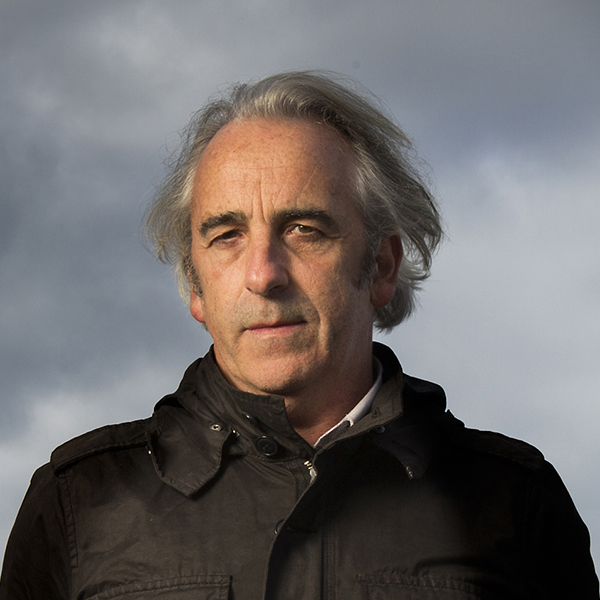 Gregory Day is a novelist, poet, and musician from the Eastern Otways region of southwest Victoria, Australia. His latest novel, A Sand Archive, was shortlisted for the 2019 Miles Franklin Award. Day is a winner of the Australian Literature Society Gold Medal and was joint winner of the 2011 ABR Elizabeth Jolley Short Story Prize for 'The Neighbour's Beans'. In 2020, Day was awarded the Patrick White Prize for his ongoing body of work.
Gregory Day is a novelist, poet, and musician from the Eastern Otways region of southwest Victoria, Australia. His latest novel, A Sand Archive, was shortlisted for the 2019 Miles Franklin Award. Day is a winner of the Australian Literature Society Gold Medal and was joint winner of the 2011 ABR Elizabeth Jolley Short Story Prize for 'The Neighbour's Beans'. In 2020, Day was awarded the Patrick White Prize for his ongoing body of work.
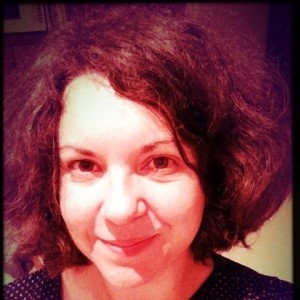
Melinda Harvey is a book critic who has written for a wide variety of publications, including Australian Book Review, since 2004. She is on the judging panel of the Miles Franklin Literary Award (2017-present) and works on the Stella Count, which assesses the extent of gender bias in Australia’s book pages annually (2014-present). She currently holds a JUNCTURE Fellowship for Mid-Career and Established Critics at the Sydney Review of Books and is Lecturer in English at Monash University.
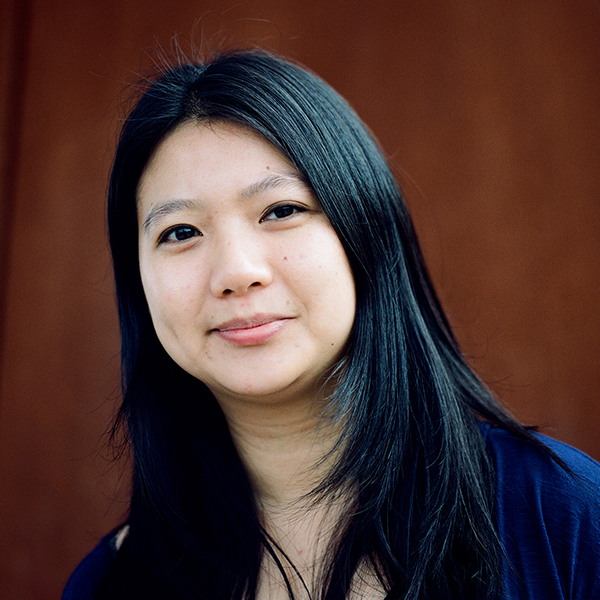 (photograph by Leah Jing McIntosh)Elizabeth Tan is a writer from Perth. She is the author of two books: Rubik (2017), a novel-in-stories, and Smart Ovens for Lonely People (2020), a short story collection which won the 2020 Readings Prize for New Australian Fiction.
(photograph by Leah Jing McIntosh)Elizabeth Tan is a writer from Perth. She is the author of two books: Rubik (2017), a novel-in-stories, and Smart Ovens for Lonely People (2020), a short story collection which won the 2020 Readings Prize for New Australian Fiction.
Camilla Chaudhary wins the 2021 ABR Elizabeth Jolley Short Story Prize
Australian Book Review is delighted to announce that Camilla Chaudhary is the winner of this year’s ABR Elizabeth Jolley Short Story Prize for their story ‘The Enemy, Asyndeton’. She receives $6,000. This year’s prize – worth a total of $12,500 – received 1,428 entries from thirty-six different countries. Lauren Sarazen placed second and receives $4,000 for her story ‘There Are No Stars Here, Either’, and John Richards placed third and receives $2,500 for his story ‘A Fall from Grace’.
The 2021 Jolley Prize was judged by Gregory Day, Melinda Harvey, and Elizabeth Tan. The judges’ report, as well as the full longlist, can be found below.
Each of the shortlisted stories are published in the 2021 August issue (purchase single issues here). ABR extends a warm congratulations to Camilla Chaudhary, Lauren Sarazen, and John Richards, as well as to the longlisted entrants. Thank you to all who entered this year’s prize. We look forward to receiving your entries next year.
Winner
Camilla Chaudhary
for ‘The Enemy, Asyndeton’
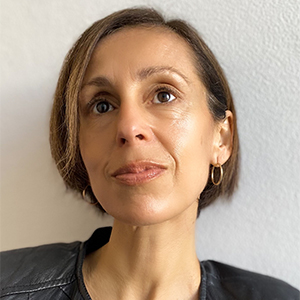 Camilla Chaudhary was born in Birmingham, UK, to British and Pakistani parents. After graduating from Cambridge University, she worked briefly as a literary publicist in London before moving into social policy research. She started writing fiction while her children were young and has just completed a second novel, Notes on a Jilting. She currently lives in Sydney with her husband and three children and continues to combine her career in research with writing.
Camilla Chaudhary was born in Birmingham, UK, to British and Pakistani parents. After graduating from Cambridge University, she worked briefly as a literary publicist in London before moving into social policy research. She started writing fiction while her children were young and has just completed a second novel, Notes on a Jilting. She currently lives in Sydney with her husband and three children and continues to combine her career in research with writing.
Second
Lauren Sarazen
for ‘There Are No Stars Here, Either’
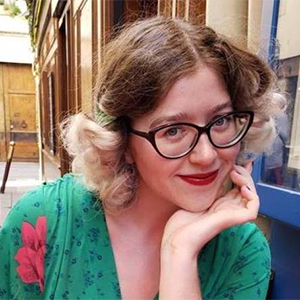 Lauren Sarazen is a writer who lives in Paris, France. Originally from Southern California, she graduated from Chapman University with a BFA in Creative Writing and received her MA in Literature from Université Sorbonne Nouvelle. Her words have appeared in Hobart, Vol. 1 Brooklyn, The London Magazine, The Washington Post, VICE, Elle, Air Mail, and more.
Lauren Sarazen is a writer who lives in Paris, France. Originally from Southern California, she graduated from Chapman University with a BFA in Creative Writing and received her MA in Literature from Université Sorbonne Nouvelle. Her words have appeared in Hobart, Vol. 1 Brooklyn, The London Magazine, The Washington Post, VICE, Elle, Air Mail, and more.
Third
John Richards
for ‘A Fall from Grace’
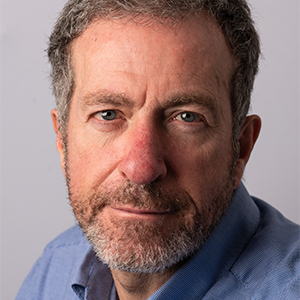 John Richards has previously lived in Manchester, London, and Singapore. He now lives in Brisbane with his wife and four children. In a previous life he was a lawyer. ‘A Fall from Grace’ is his first published work of fiction. He is writing more short stories and a novel.
John Richards has previously lived in Manchester, London, and Singapore. He now lives in Brisbane with his wife and four children. In a previous life he was a lawyer. ‘A Fall from Grace’ is his first published work of fiction. He is writing more short stories and a novel.
Full longlist
‘What Happened on Djinn Island’ by Shastri Akella (USA)
‘A Dog’s Life’ by Dominic Amerena (Greece)
‘The Funeral of Maria Luisa Rafaella Ciervo’ by Melinda Borysevicz (Italy)
‘The Enemy, Asyndeton’ by Camilla Chaudhary (New South Wales) – Shortlisted
‘The Memorial’ by David Cohen (Queensland)
‘Ghost’ by Daryl Li (Singapore)
‘Furniture’ by Jennifer Mills (South Australia)
‘Everything Bagel’ by Matthew Pitt (USA)
‘The Annex’ by Anthony Purdy (Canada)
‘A Fall from Grace’ by John Richards (Queensland) – Shortlisted
‘There Are No Stars Here, Either’ by Lauren Sarazen (France) – Shortlisted
‘Revisionist’ by Liza St. James (USA)
‘Bad Tub’ by Liza St. James (USA)
‘Ver Says’ by Laura Elizabeth Woollett (Victoria)
Judges’ comments
‘A Fall from Grace’ is a deliciously enigmatic story, rich in the overtones of the international canon – Balzac, Calvino, Borges. Set in pre-revolutionary rural France, a talented painter’s career receives an unforeseen jolt that simultaneously shadows his life and propels his work from realist proficiency to metaphysical greatness. The story brilliantly elides character with environment, capturing us via a delicately crafted blend of reportage, imagery, and atmosphere. Ultimately, the writer’s own image-making power fuses with the compelling narrative of the painter, giving us the thrill of historical fiction at its most immersive.
In ‘The Enemy, Asyndeton’, Elizabeth is godmother to teenaged Julia, but actually it’s Julia’s younger sister, Asha, with whom Elizabeth feels the greater bond. One conversation ignites a peculiar obsession in Elizabeth, awakening her hitherto tepid godmotherly instincts. ‘The Enemy, Asyndeton’ is a delightful, nimble story; the characters bristle with life, and the dialogue is crisply rendered. The author deftly prevents Asha’s precocity from sliding into tweeness, and, although it becomes increasingly apparent that Elizabeth is making a little too much of Asha’s ‘seething inner brilliance’, the author depicts Elizabeth’s predicament with warmth, understanding, and humour.
In ‘There Are No Stars Here, Either’, a woman named Caroline travels through Italy while conducting an online relationship with D, a man she met two weeks earlier. This story is written in effervescent sentences that capture the enthusiasm and fickleness of its narrator as well as of her continuous headlong movement. Also captured are the intensities of youthful romance, a state in which the imagination is irrepressible, even when it has little to go on. The story pokes gentle fun at the strange pull of a mediated life over real-world experiences: the pull is strong enough to have Caroline barely taking in the prodigious beauty that surrounds her, such as the paintings of the Italian Renaissance in the Florence galleries or the palaces, piazzas, and canals of Venice.
ABR warmly acknowledges the generous support of ABR Patron Ian Dickson, who makes the Jolley Prize possible in this lucrative form. We congratulate all the longlisted and shortlisted authors.
Previous winners
Subscribers to ABR can read previous prize-winning stories to the Jolley Prize. To read these stories, click here.
If you aren't a subscriber, digital subscriptions begin at only $10 per month. Click here to become an ABR subscriber.
Payment Complete – Calibre Essay Prize
Thank you for entering the Calibre Essay Prize.
If you created a new account to enter, you can now sign in with the Username and Password you entered. Simply click 'Sign In' in the top left-hand corner to enter your details. We hope you enjoy reading our extensive archive going back to 1978.
If you wish to submit another entry to the Calibre Essay Prize, click here to return to the entry form. Remember to first sign in with your new ABR account before entering multiple entries.
2021 Calibre Essay Prize Judges
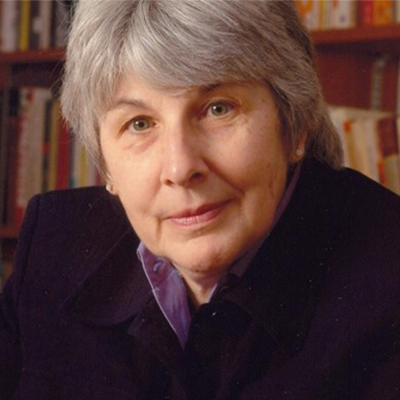 Sheila Fitzpatrick is a Professor at Australian Catholic University and Honorary Professor at the University of Sydney, and co-winner (2016) of the Prime Minister’s Literary Award for Non-Fiction. Her new book, White Russians, Red Peril: A Cold War history of migration to Australia, will be published by Black Inc. in April 2021.
Sheila Fitzpatrick is a Professor at Australian Catholic University and Honorary Professor at the University of Sydney, and co-winner (2016) of the Prime Minister’s Literary Award for Non-Fiction. Her new book, White Russians, Red Peril: A Cold War history of migration to Australia, will be published by Black Inc. in April 2021.
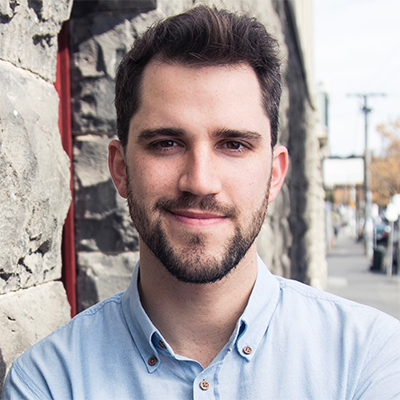 Billy Griffiths is an Australian writer and historian. His latest book, Deep Time Dreaming: Uncovering Ancient Australia (Black Inc., 2018), won the Ernest Scott Prize, the Felicia A. Holton Book Award, the John Mulvaney Book Award, the Douglas Stewart Prize for Non-Fiction and the 2019 Book of the Year at the NSW Premier’s Literary Awards. He lectures in Cultural Heritage and Museum Studies at Deakin University in Melbourne.
Billy Griffiths is an Australian writer and historian. His latest book, Deep Time Dreaming: Uncovering Ancient Australia (Black Inc., 2018), won the Ernest Scott Prize, the Felicia A. Holton Book Award, the John Mulvaney Book Award, the Douglas Stewart Prize for Non-Fiction and the 2019 Book of the Year at the NSW Premier’s Literary Awards. He lectures in Cultural Heritage and Museum Studies at Deakin University in Melbourne.
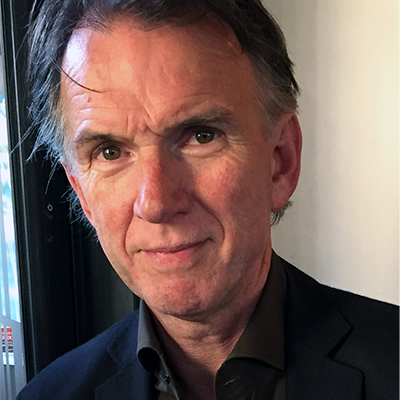 Peter Rose has been Editor of Australian Book Review since 2001. Previously he was a publisher at Oxford University Press. His reviews and essays have appeared mostly in ABR. He has published six books of poetry, two novels, and a family memoir, Rose Boys (Text Publishing), which won the 2003 National Biography Award. He edited the 2007 and 2008 editions of The Best Australian Poems (Black Inc.). His most recent publication is a volume of poems, The Subject of Feeling (UWA Publishing, 2015).
Peter Rose has been Editor of Australian Book Review since 2001. Previously he was a publisher at Oxford University Press. His reviews and essays have appeared mostly in ABR. He has published six books of poetry, two novels, and a family memoir, Rose Boys (Text Publishing), which won the 2003 National Biography Award. He edited the 2007 and 2008 editions of The Best Australian Poems (Black Inc.). His most recent publication is a volume of poems, The Subject of Feeling (UWA Publishing, 2015).
Winner | 2020 Jolley Prize | Mykaela Saunders for 'River Story'
2020 Jolley Prize Winner: Mykaela Saunders
ABR is delighted to announce that Mykaela Saunders is the overall winner of the 2020 ABR Elizabeth Jolley Short Story Prize for her story ‘River Story’. Mykaela Saunders receives $6,000. C.J. Garrow was placed second for his story 'Egg Timer', and Simone Hollander was placed third for her story 'Hieroglyph'. We would like to congratulate all three shortlisted entrants and thank all those who entered their stories in the Jolley Prize.
The ABR Elizabeth Jolley Short Story Prize is one of the country’s most prestigious awards for short fiction. This year the Jolley Prize attracted almost 1,450 entries from 34 different countries. The judges were Gregory Day, Josephine Rowe, and Ellen van Neerven. The three shortlisted stories appear in our August Fiction issue.
About Mykaela Saunders
Mykaela Saunders is a Koori writer, teacher, and community researcher. Of Dharug and Lebanese ancestry, she’s working-class and queer, and belongs to the Tweed Aboriginal community. Mykaela has worked in Aboriginal education since 2003, and her research explores trans-generational trauma and healing in her community. Mykaela began writing fiction and poetry in 2017, as part of her Doctor of Arts degree at the University of Sydney. Her work has since been published across forms and disciplines, placed in writing prizes, and attracted funding and fellowships.
Payment Complete – Peter Porter Poetry Prize
Thank you for entering the Peter Porter Poetry Prize.
If you created a new account to enter, you can now sign in with the Username and Password you entered. Simply click ‘Sign In’ in the top left-hand corner to enter your details. We hope you enjoy reading our extensive archive going back to 1978.
If you wish to submit another entry to the Porter Prize, click here to return to the entry form. Remember to first sign in with your new ABR account before entering multiple entries.

